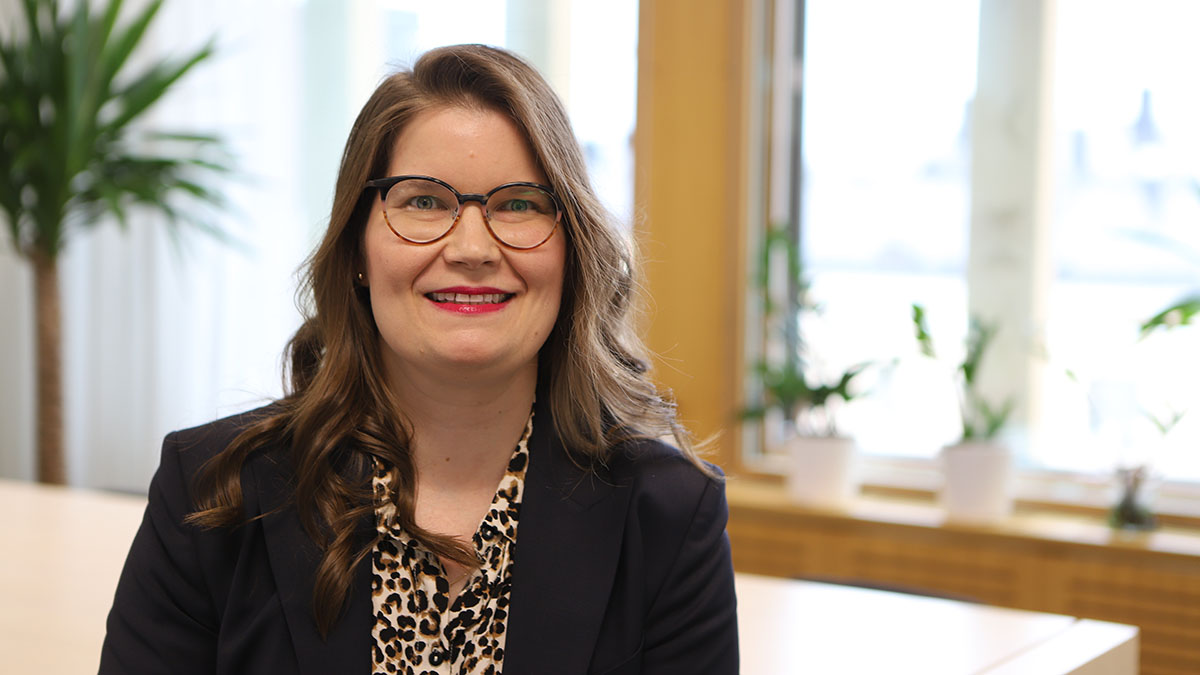The rescEU provides additional capacities for accident and disaster management

Recent news has shown that countries in Europe also need to be increasingly prepared for serious, protracted and large-scale crises. Even in the EU, Member States have the primary responsibility for preventing, preparing for and responding to natural and man-made disasters.
In addition to this important principle, it makes sense to build complementary material or, for example, specialised capabilities for situations that are severe, have transboundary impacts or impact several countries at the same time.
In 2019, the decision on the EU Civil Protection Mechanism was amended to allow the Commission to establish strategic capacities to support Member States. The purpose of these rescEU strategic capacities is to provide additional support alongside national preparedness and capacities when the country’s own resources alone are not sufficient.
As part of the European rescEU reserves, a rescEU CBRN reserve is also being established in Finland. The reserve has been the first dedicated to chemical, biological, radiological and nuclear (CBRN) equipment and will include critical medical countermeasures, such as vaccines and antidotes as well as medical devices and field response equipment to ensure better protection and response in the aftermath of CBRN events or in preparation for high-risk situations.
Decisions to deploy rescEU capacities are taken by the European Commission, and requests for assistance are coordinated by the Emergency Response Coordination Centre (ERCC) in Brussels. Last year, 17 countries received assistance through the rescEU. The rescEU capacities are used in particular to prepare for risks of low probability with high impact.
Project to also strengthen national preparedness
Although the rescEU project is primarily aimed at building EU-level preparedness, the capacity to be located in Finland will also increase our national preparedness. The project will strengthen Finland’s CBRN expertise in procurement, stockpiling, deployment of stockpiles and logistics. In addition, the plan is to train a group of rescEU CBRN experts as part of the Finnish roster of experts in civil protection.
The main task of these experts will be to support the recipients of the material (mainly rescue and healthcare professionals) in the hosting country as they prepare to familiarise the end-users with the safe and effective use of the rescEU CBRN materials. The CBRN experts trained in these rescEU capacities will undoubtedly also form a domestic resource and network for regional and national use, which can be utilised after the end of the project as well.
It is noteworthy that the project will also enable learning and better preparedness for hosting the international assistance in situations where the rescEU reserves are mobilised in Finland. One of the key lessons learned from the crises of recent years is that EU Member States must be ready to receive international aid, so it is essential that we have effective arrangements for receiving and managing incoming assistance. Legislation must also enable rapid processes for cross-border assistance. RescEU is a positive opportunity for us in Finland to learn, develop our capacities and strengthen our preparedness against threats facing society and for the protection of civilians.
Ilona Hatakka
Senior Specialist
rescEU CBRN Reserve Project
@IlonaHatakka
